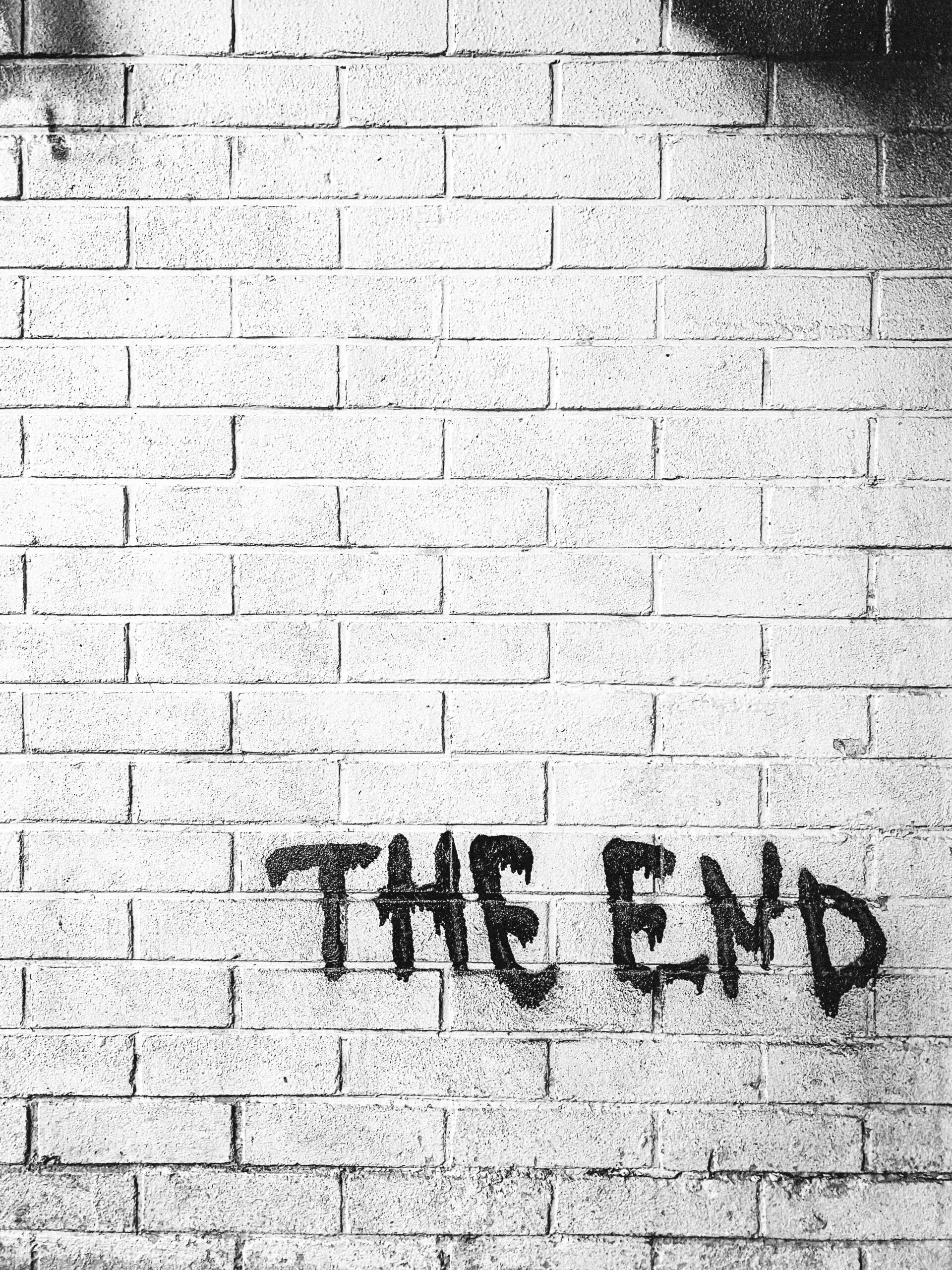
Aeon ran an article by James Barnes called “The space between us“. Its subtitle is “In order to understand and heal mental distress, we must see our minds as existing in relationships, not inside our heads”. Barnes presents what he calls a relational-intersubjective paradigm as nothing less than a revolution in therapy. I disagree and I want to explain why.
Now, I have no problem with relational therapy. It’s a valid form of therapy that has been proven effective. Where I take issue is the way Barnes disparages all other forms of therapy. He starts with a description of Descartes’ mind/body dualism. Basically, this is the idea that there is no physical thing we call mind. Mind doesn’t live in the brain or in the world at all. There are two separate things, the body which does exist in the world, and the mind which does not.
Barnes then makes the claim that mind/body dualism is still the dominant school of thought today. That’s a questionable assumption, but I’ll let it go for now. Then, he says that thanks to Freud, mind/body dualism has infected almost all of psychiatry and psychology. The one exception being relational therapy.
The odd thing is that Barnes only gives a very vague explanation of what relational therapy is. I asked my therapist about it, and she was much more helpful. Relational therapy is focused on the individual’s relationships, whether with other people or the world at large. It even focuses on the relationship between therapist and patient. Not that the roles reverse or anything like that. It’s more that the therapist reacts to what the patient is saying and the two of them can explore that reaction.
In other words, relational therapy centers the mind in relation to everything else. Of course, I’m not at all sure how this avoids the problem with dualism. It doesn’t posit that the mind is a physical thing, it posits that the mind is in relationships. That certainly seems like the mind is ineffable to me.
But anyway, the bulk of the article then tries to show what’s wrong with other types of therapy, like cognitive behavioral therapy. Barnes says that they don’t work because they have dualism baked in. It’s a weird sort of dualism, though, because it connects the mind to the brain. That sounds a lot like monism or physicalism. So, I’m not sure why he spent the whole beginning of the article on mind/body dualism.
Where I really take issue, though, is the idea that CBT and other therapies are completely focused on what’s going on in the individual’s head. My therapy, which is not relational therapy, has always focused on relationships. One of the worst parts of depression is the loneliness, the way it isolates you. CBT tries to combat that by putting the patient out in the world. And many ailments, like social anxiety, are all about relations with others. The other thing is that CBT and other therapies have been clinically tested and shown to work. Relational therapy has too, but that doesn’t make other therapies bad.
I’m sure if I asked Barnes, he would say I missed the point of the article. And maybe I did. I was definitely more confused by the end of the article than I was at the beginning. That might be on me. Or it might mean that Barnes isn’t a good enough writer to get his point across. Either way, the idea that relational therapy is revolutionary just doesn’t get off the ground. As with any therapy, it depends on the patient and the therapist. There is no one-size-fits-all approach.










